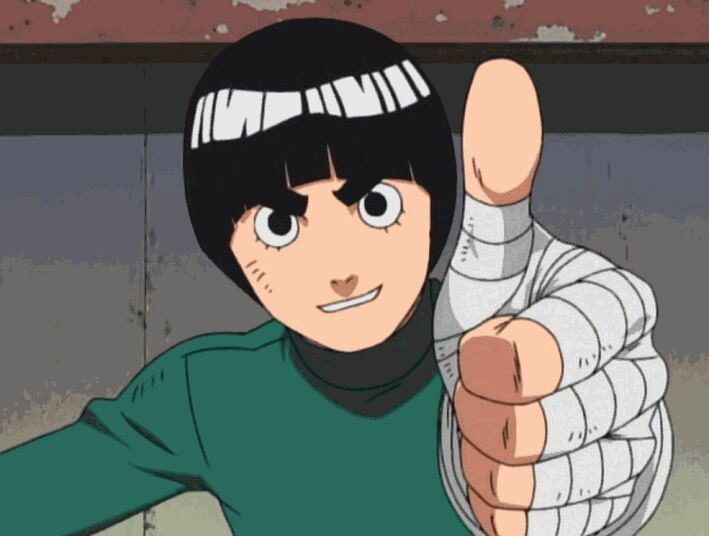
Determination sits at the top of anime’s favorite themes. When I first considered writing about this, the obviousness of determination made me wonder what I could say about it that wasn’t, uh, obvious. Anime heroes are determined to achieve their goals. Full stop. They aren’t any different from heroes in other stories.
But there is a hidden side to this.
Heroes like Naruto embody an unflagging determination to protect their friends and achieve their goals–beating the baddie among them. Authors use this to inspire us. After all, a hero is supposed to be more capable than us normal folk. The need for these stories comes from our limited determination and how we cannot shape our destinies as heroes can. Many of us hold to the narrative that we can achieve what we want with enough work, just like our heroes. However, that narrative doesn’t play out in reality. A 2017 study from Stanford University found socioeconomic mobility in the United States is worse than it was in the 1940s. Children born in the 1940s were 92% more likely to earn more than their parents. The 1980s cohort is only 50% more likely (American, 2017). For most of us, living a more comfortable life and having funds to pursue our interests motivates us to work harder. This isn’t to say money is the be-all measure. Some people, like me, enter professions that pay less because they believe in the work. A sense of progress–in hobbies and in careers and in stability–matters.
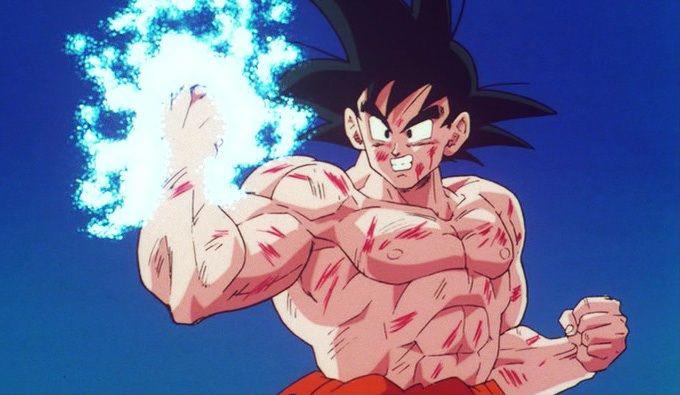
The American story shares much with anime’s heroes. Both tell a story of hard work and determination leading to success. However, few of us can really achieve our measure of success for several reasons. First, unlike anime heroes, our goal shifts as we achieve it. Naruto, for example, sets a goal to become Hokage . Once he achieves that goal, he strives to be the best Hokage he can be. He doesn’t reach for a higher goal, except that of being a father. On the other hand, many of us run a treadmill of ever shifting goals, particularly that of money. The shifting goal posts make it hard for us to retain our determination. Our goals also tend to be trite. Naruto’s goal of becoming Hokage wasn’t to achieve power. Rather, he wanted to adopt the entire village as his family. We also lose sight of our worthy goals as the environmental conditions effect our views. Namely, we measure success in terms of money and prestige.
Unlike our heroes, we rarely can influence the environments we are born into. Hero stories resonate because they offer a reality beyond our own. Few can move societies as heroes do. That is, after all, what makes them heroes. Of course, we can have impact, but that impact is limited. That limitation also wears on our determination. According to the Standford study (2017), many Americans born in poverty will die in poverty. Hard work and determination sometimes isn’t enough. Sometimes you are born without the cards necessary to “win” by society’s standard. Of course, we have heroes that point to that too. They set a goal they can reach with the cards they hold.
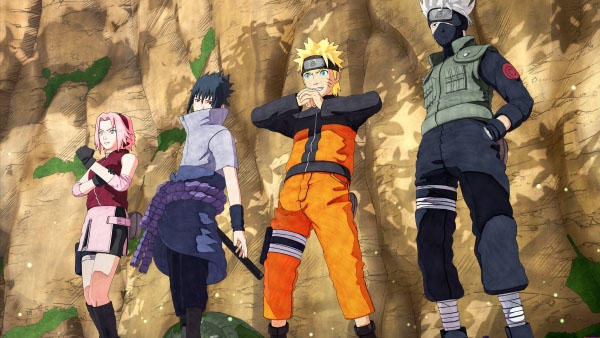
The hero narrative–that you can reach your goals through determined, hard work–is laudable. But it also has a blackness to it. Like the American Dream narrative–hard work will lead to success–it suggests people who don’t succeed haven’t tried hard enough. They don’t have the determination required. It paints people as lazy and somehow less. Otherwise, they could make it too! Well, that is bunk. Heroes are heroes because they are unusual. Rags-to-riches success stories appear common but only because we pay attention to them. For one every person who “makes it” stands several thousand people who have worked just as hard, or harder, and cannot. Society also defines what success is. In Naruto, it’s becoming Hokage and defending your comrades. The story depicts normal people as less–those who need protected and nurtured. You don’t see any of the shinobi wanting to become like these normal, chakra-less people. They don’t match the standards of success in a ninja society. Environmental and economic factors weigh people down. Birth grants people opportunities most don’t have, such as being born in a shinobi family.
Naruto was born to a Hokage and imbued with the Nine Tails. That’s a bit of an advantage. Sure, it also caused him problems, but he had a couple of aces in his hand at the outset. During the battle with the Ten Tails, countless “red shirts,” to use the Star Trek term, fought. These average ninja worked quite hard throughout the war, but they still ended as cannon fodder. They weren’t the heroes of the story, nor were they born with the advantages Naruto and gang had. You see the supporting cast struggle fruitlessly despite their hard training and efforts. Circumstances constrain determination and hard work.
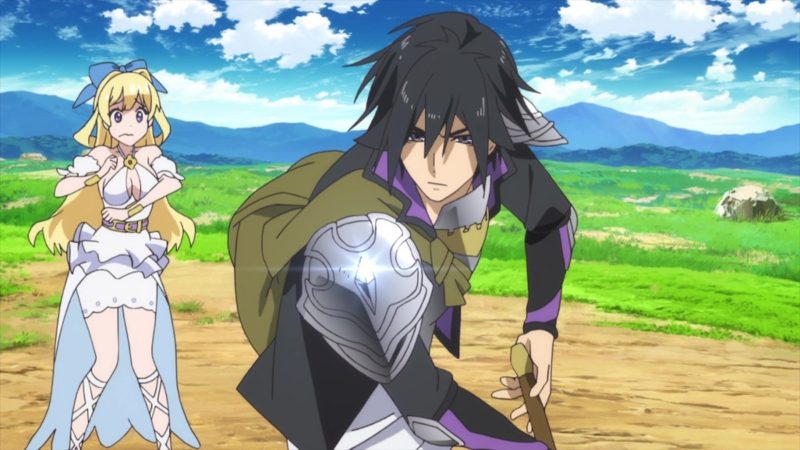
Now, this may strike you as a pessimistic view. But these stories resonate because it is so rare to achieve like a hero. If everyone could, these stories would be boring. Few people can achieve what these narratives, the hero narrative and the American Dream narrative, peddle. Many anime heroes smash their heads against things until they succeed. That isn’t realistic. In fact, the anime The Hero is Overpowered but Overly Cautious satirizes this. While the hero Seiya Ryuuguuin is an overpowered isekai hero, he doesn’t rush ahead. He disdains people who do because of the deaths they cause among the cannon fodder characters. Determination without a plan can cause problems, or in the case of heroes, death. If you enjoy satire, I recommend giving Cautious Hero a watch.
Hard work and determination don’t always “pay off.” Although you may not reach society’s standard of success, by striving you still gain something–skills, perspective, experience, empathy, knowledge. Even Naruto’s red-shirts come away with a measure of success. Just surviving, for example, is a rather big deal. Best of all, you can define what success means. This is, perhaps, the hardest part of determination. It’s challenging to ignore society’s measure of success and make your own. Even a small standard of success matters. Not everyone can be Hokage or even a shinobi. Setting your own standard for success is a success of itself. In fact, that’s what heroes do.
References
American Association for The Advancement of Science (2017). The Fading American dream: Economic mobility has nearly halved since 1940. https://www.eurekalert.org/pub_releases/2017-04/aaft-tfa042417.php
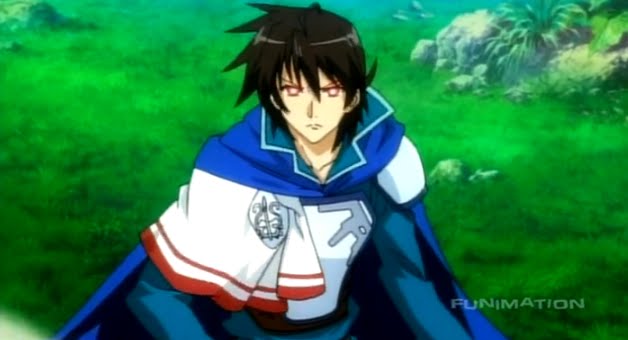
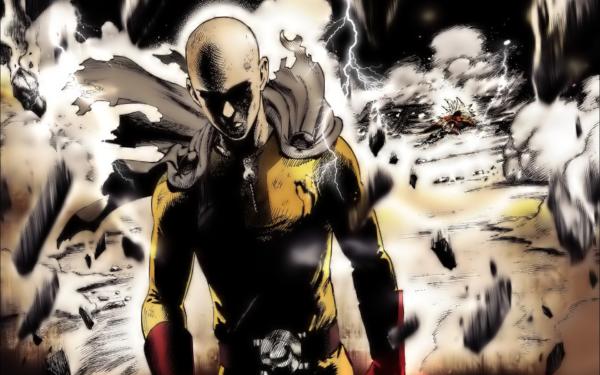
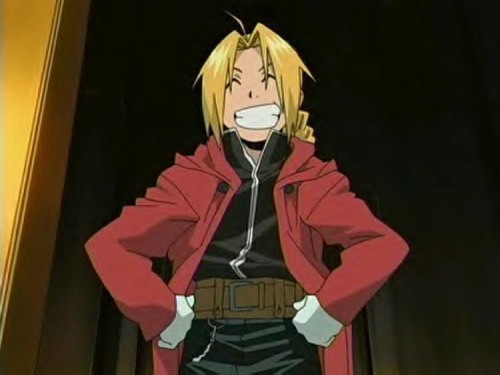
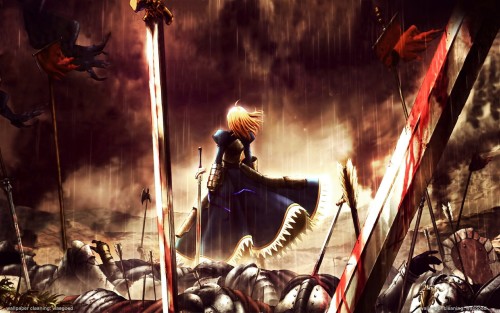
Wow, you managed to talk about the problem of meritocracy using anime.
I’ve been against the whole “positive psychology” movement since it does lead to so much victim-blaming. There’s been criticisms in that the movement feels like a cult at this point. Since religion is missing in most people’s lives in the modern world, we have to resort to other things for spiritual motivation.
Everyone discounts the role of luck in getting what you need to succeed. People don’t want to admit that their lives are the way they are due to randomness. They want to feel in control.
I used to try to be happy so much, but over the past couple of years, I realized that it was making me more depressed. It doesn’t help when people on social media brag about their successes, so I tuned that out.
Shonen series still have this amazing effect on people. I wish people remember that friendship is still part of the triad of shonen principles (everyone focuses on hard work & victory). Even Goku’s Spirit Bomb isn’t possible without the help of so many people he touched over the years and the ecosystem connecting all of nature. Getting out of poverty requires a community/support system that’s willing to help you. Connections and the opportunities they provide matter so much.
Thanks for putting this article up because I have felt I’m the only one who dislikes meritocracy and all the inequality it creates.
Meritocracy has its virtues; however, it’s also too simplicity and fast to blame. You make an interesting point concerning the absence of religion and substitution. Many movements have a cult-like feel nowadays.
Happiness is an odd thing. The more you chase it, the less you find it. When you stop looking for it, it arrives. It’s like a cat!
People ignore friendship in shonen because of how individualistic the West has become. Hard work and victory hook into the boostrap narrative, of making on one’s own. This view is fostered by the resurgence of Ayn Rand’s writings. Anime takes a more realistic view: we netled others to help us. The idea of “going Galt” ignores the role collective action plays. In Atlas Shrugged, John Galt would’ve never succeeded without societal infrastructure: roads, laws, safety, electricity, money (it is a societal construct after all), and thousands of other collective inputs that are invisible. Likewise meritocracy ignores these collective inputs. In fact, Galt’s way of thinking came out of those societal inputs. Rand and people who follow her ideas tend to ignore all of this. Shonen, however, embraces this.
Yeah, people look to things like work for meaning when work isn’t supposed to provide a warm community as making money requires tough decisions that hurt others.
At the same time, hearing about tales of hard work don’t sound sexy to the public, so there’s this wacky paradox. We value effort, but we don’t like to talk about it in general (probably because it hits way too close home to everyone). It’s all hilarious to me.